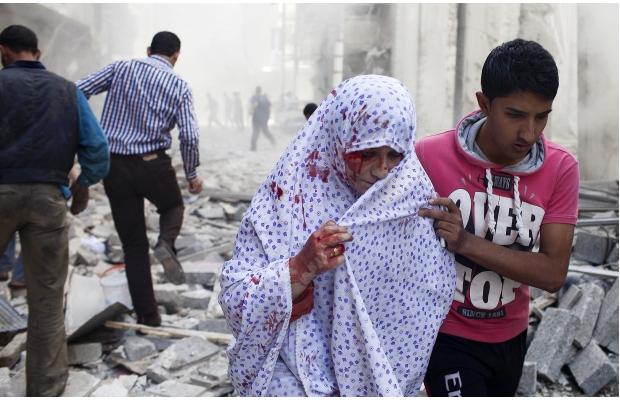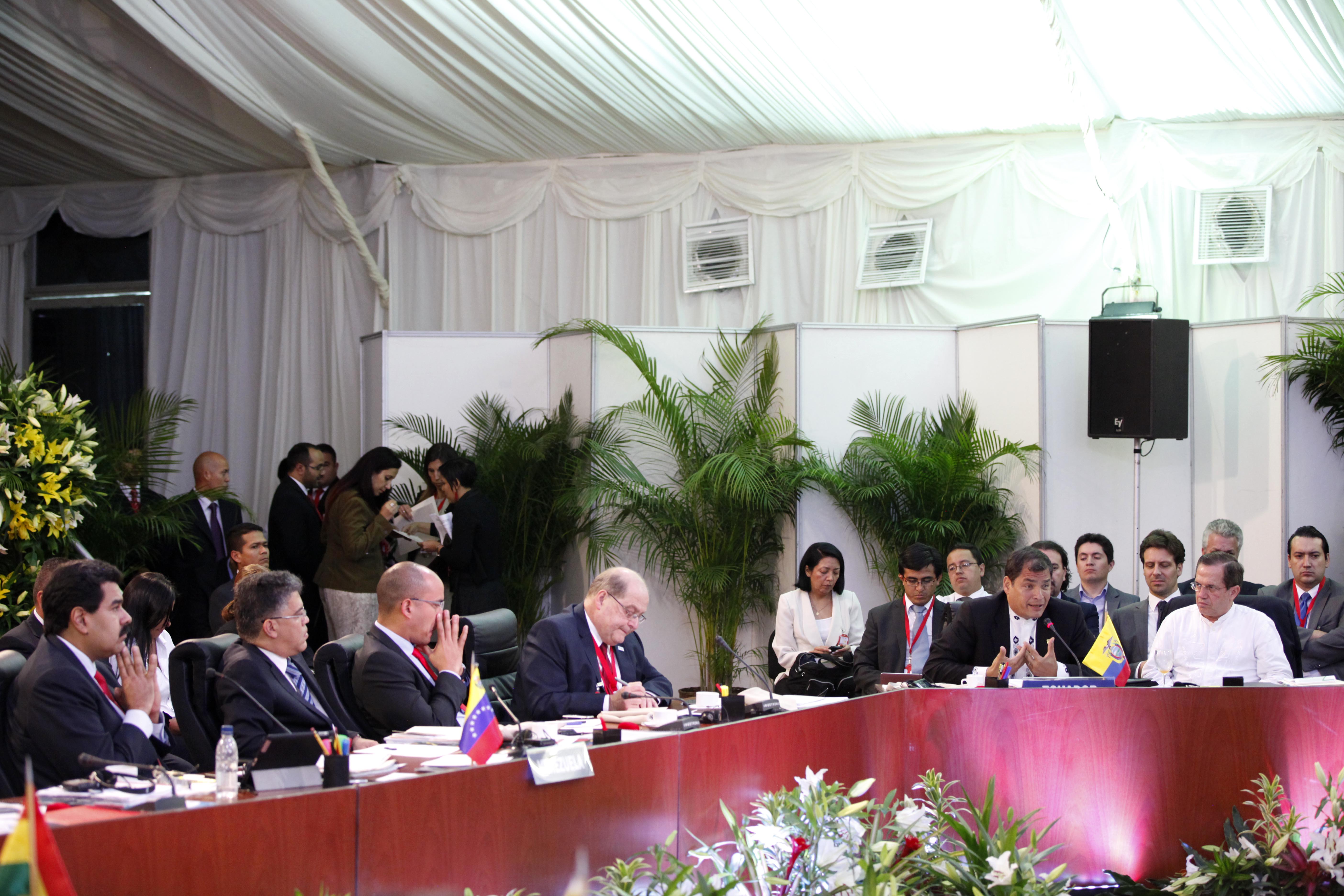By: Ryerson Neal
Sen. Joseph Day has represented Saint John – Kennebecasis, New Brunswick, in the Canadian Senate since 2001. He is a member of the Canadian NATO Parliamentary Association and takes a keen interest in defence issues. In October, he was part of the Canadian delegation to the NATO Parliamentary Assembly in Bucharest, Romania.
Q. I understand that you chaired the Defence and Security Committee at this year’s NATO Parliamentary Assembly plenary in Romania?
A. This is my first year of a three-year assignment as the Chair of the Defence and Security Committee of the NATO Parliamentary Assembly. It’s certainly the first time in recent memory – if ever – that a Canadian has chaired that committee, so I’m very pleased and honoured to be doing that.
Q. What were your impressions of this year’s committee discussions? Anything particularly remarkable?
A. No, it’s always remarkable to go to these meetings. You have over 20 countries plus many observers in attendance and we do a lot of talking about current issues within NATO. We look at NATO from a Parliamentary Assembly point of view, so that’s always a question of personnel, equipment, and how we’re going to come up with the money to meet our commitments. It’s always a very interesting debate, especially now, in light of this economic downturn that Europe and, in fact, all the world is experiencing. I thought there were some very good discussions at this year’s assembly.
Q. This past summer there was tension – I might say even division – in the Alliance over burden sharing. Did you notice any of that tension in the assembly?
A. I think I’d use the word “tension” rather than “division”. Some concerns have been expressed by a number of people, including former US Secretary of Defence Robert Gates, that something has to be sorted out on the problem that arises when the entire group makes the decision to go into a mission and then some members are not forthcoming with support. For the ten years that I’ve been involved with the Assembly we’ve had discussions on the issue of burden sharing, but no solution has yet been reached.
As we keep growing and other nations talk about wanting to be involved it’s always a question of can we continue to operate on consensus? Can we operate in the same way that we’ve have been operating? Should whichever countries decide to participate pay the full cost? These are issues that are ongoing. It wasn’t particularly high-level discussion at our Romanian meeting, but these questions are always there and you see it reflected in many of our reports.
Q. NATO Secretary-General Rasmussen has been touting “Smart Defence,” a concept which includes greater capability specialization, as a potential solution to burden sharing problems. What do you and your fellow parliamentarians make of this?
A. We talk about specialization regularly. It’s like burden sharing. If you want to start using terms like “Smart Defence,” it’s important to define them. I’ve heard him talk about that term and talk about specialisation and the notion that not every nation can do everything. But our committee didn’t sit down and say, “Let’s define Smart Defence.” We discuss the issues from a fundamental point of view, and if using that term is helpful to him, then that’s great. We in the NATO Parliamentary Assembly tend to have our agenda set over a number of years. We’re working on the strategic concept that NATO recently adopted and in that there is some discussion about the recognition of keeping costs down and that each nation can’t do everything on its own. We’ve carried on with the implementation of the strategic concept and one of the items that my committee has been looking into is how different nations will be implementing it.
Q. You recently attended a seminar in the United Kingdom on transition in Afghanistan. Based on your experience there, what is your assessment of NATO’s transition out of Afghanistan?
A. The opinion of several nations was that transition doesn’t mean that we’re leaving in two or three years. Rather we have a commitment and it’s a long-term one. It will be great once the Afghan national security forces are able to take over more of the security for their nation, but that doesn’t mean the end of our role there. Cleary we’re helping to build up an army that the country cannot sustain on its own. So we have to recognize that there’s going to be a need for long-term commitment, but it will just be a financial, training, and perhaps materiel-type commitment as opposed to a soldiers-on-the-ground commitment.
Q. In addition to your work on the Canadian NATO Parliamentary Association, you are on the executive of the Canada-China Legislative Association. As a parliamentarian who works in both those spheres, what is your opinion of where the NATO-China relationship is going?
A. I think we have a good relationship. The piracy challenge that we have off the coast of Somalia is giving us an opportunity to work together. China has been participating and we’re learning how to work with one another. I guess necessity breeds cooperation and so I think there are some very interesting possibilities there.
On a broader international scale, partnerships with non-NATO countries have come up in many of our discussions. I think this flows out of the new strategic concept. We are partnering with other nations such as Japan and Korea. Australia has been another very active partner. There are many non-NATO nations that have participated in Afghanistan and this has illustrated the ability of NATO, as an entity, to cooperate and work with many partners who will never become full members of the alliance, but who will become more integrated in its activities.
An area for growth in cooperation is in the gathering of reconnaissance and intelligence. This sort of information will have to be shared on a broader basis, beyond just the NATO countries, if we expect other countries to participate with us in missions. That subject has come up on many occasions and we talk about protocols to best facilitate it.
We make sure that we invite non-NATO nations who are partners in various missions, or who are interested in helping maintain world peace, to participate in our NATO Parliamentary Activities and we have a good number of observers and nations in that regard.
We haven’t yet had China in attendance as an observer in any of our NATO Assembly meetings, but I can see that there will be opportunities for dialogue between us. Unfortunately I was not able to attend a Security and Defence subcommittee trip to China last spring, but that’s another example of getting together, talking about issues, getting to know one another.



